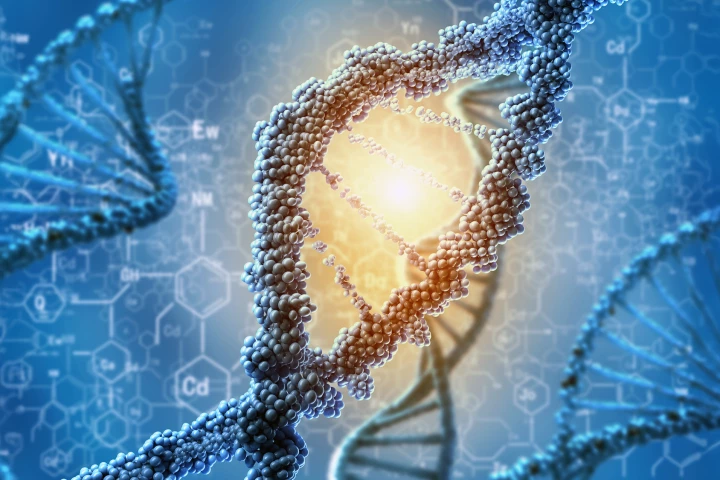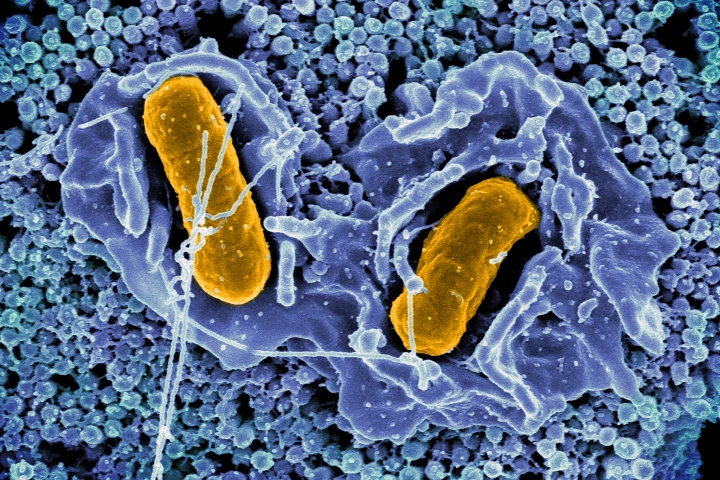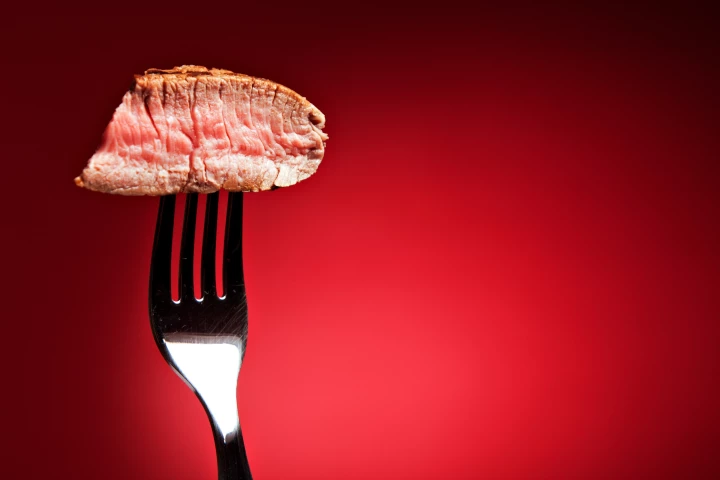Microbiome
-
Our gut microbes and genes are in constant conversation, shaping each other in ways that affect everything from immunity and inflammation to disease risk, according to a review of scientific evidence. It could transform how we prevent and treat illness.
-
Scientists have engineered Salmonella bacteria to self-destruct inside tumors, releasing signals that spark powerful immune hubs and shrink colon cancer in mice, opening the door to “living medicines” against deadly cancers.
-
A fermented food that has been a staple on plates in Korea for thousands of years has gone global in the past decade, with new research revealing that kimchi can naturally lower triglycerides and blood pressure and regulate fasting glucose levels.
-
Researchers have uncovered a gut-diet link to postpartum depression, finding that eating a diet of soy, fermented foods, and seaweed may nurture beneficial gut bacteria and protect mothers’ mental health.
-
While scientists are amassing a fair amount of data regarding our gut microbiomes, the oral microbiome is a bit of a new frontier. Case in point: researchers have just discovered huge pieces of DNA there that they never knew existed.
-
A single fecal microbiota transplant in obese teens was linked to long-lasting metabolic improvements, including smaller waistlines, reduced body fat, lower inflammation, and better cholesterol levels, with some benefits still evident four years later.
-
Smoking's not often touted for its health benefits. But it's been known to help those suffering from colitis even though it exacerbates Crohn's disease. New research that could help treat the conditions says it all has to do with bacteria migration.
-
We know by now that exercise is good for the body and mind at any age, but new research has found that your workouts may be benefiting a less obvious area: Inside your gut. It's yet another sign that the gut microbiome is central to overall health.
-
Researchers have successfully tweaked a specialized compound from brown seaweed to unlock its powerful anti-obesity potential. Instead of appetite suppression and fat burning, this molecule reshapes the gut microbiome to fight weight gain naturally.
-
A new study has added strong evidence that red meat consumption is a trigger for inflammatory bowel disease, and inflammation, demonstrating just how it alters gut bacteria and immune activity, resulting in widespread tissue damage in the colon.
-
A study of nearly 400,000 people has for the first time found a causal link between gut bacteria and insomnia, confirming that some microbes aid sleep while others disrupt it. Fourteen bacterial taxa were found to contribute to the risk of insomnia.
-
Scientists have found that bacteria on your tongue play a critical role in how nitrate-rich beets impact vascular health. However, that impact is not across the board, revealing a previously unknown link between aging, the oral microbiome and health.
Load More











